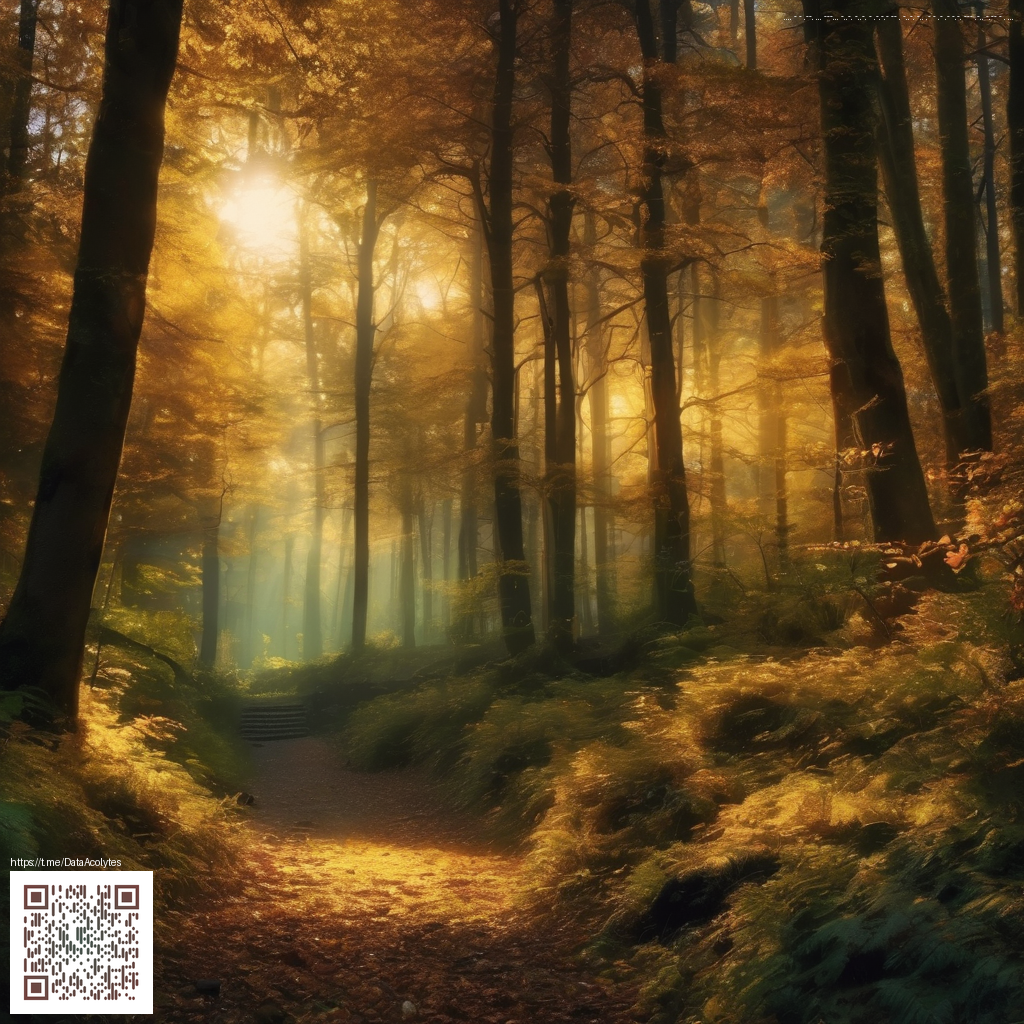
The Hitchhiker Who Rode the Storm
The highway stretched like a ripped seam in the sky, and rain hammered the windshield with the stubborn rhythm of a drumline rehearsing in a thunderstorm. I drove through the night with my headlights swallowing potholes in the dark, counting each flash as if it were a heartbeat.
Then, almost before I could blink, a figure appeared at the shoulder—soaked, silhouette blurred by rain, a coat collar turned up against the cold wind, a hat brim dark and soaked. He spoke from the damp air, not to me but toward the space between us: “I need a ride.” The voice was even, pale, as if formed from a dozen distant storms, not from lungs.
I slid over a lane and let him in. The door sighed shut, and the car filled with the scent of rain and old leather. He gave me a nod, not of thanks, and settled with the gravity of someone who has traveled the same road a hundred times and every time forgot the way back. His eyes, when they found mine, seemed to reflect a sky that wasn’t there—clouds rolling over his pupils, a graveyard of weather behind them.
- Thunder muttering in the ribs of the earth.
- Wipers scrawling cursive on glass that refused to clear.
- A radio that hissed with static, like static that remembered how to speak.
The question came out as if on a sigh. “The old mill,” he said, though his lips barely moved, “the road by the river where the storm keeps its promises.” I asked for a destination, a name, something simple to anchor the night. He only smiled—a thin line that meant nothing and everything at once—and said, “Just drive until the weather ends.”
“If you can outrun the rain, you’ll outrun what follows,” he whispered, not to me but through me, as if the wind itself spoke from behind the glass.
We wound toward a bridge that looked forgotten by time. The world outside narrowed to a funnel of rain, light flickering off the steel like a nervous glow. The figure shifted, pressing closer, his breath turning to frost on the back of my neck. Then, with a sudden soft sigh, he rose, as if preparing to leave, and reached for the door that never quite opened in storms like this.
When the latch finally gave way, he stepped out into a rain that did not fall so much as remembered him. The car’s windshield fogged with the imprint of a hand—pale, cold, and perfectly human—then the figure dissolved into sheets of rain that pulled themselves back into the night. I sat there, listening to the storm’s unbalanced heart, counting the seconds between thunderclaps as if they counted down a life I hadn’t lived.
Only later did I learn the town’s newspaper carried a headline about a man who vanished in a storm that night, his name matching nothing I could forget. And in the glass, when the rain finally cleared, I saw not my own reflection but a man who rode the storm, a hitchhiker forever tied to the weather we failed to outpace.